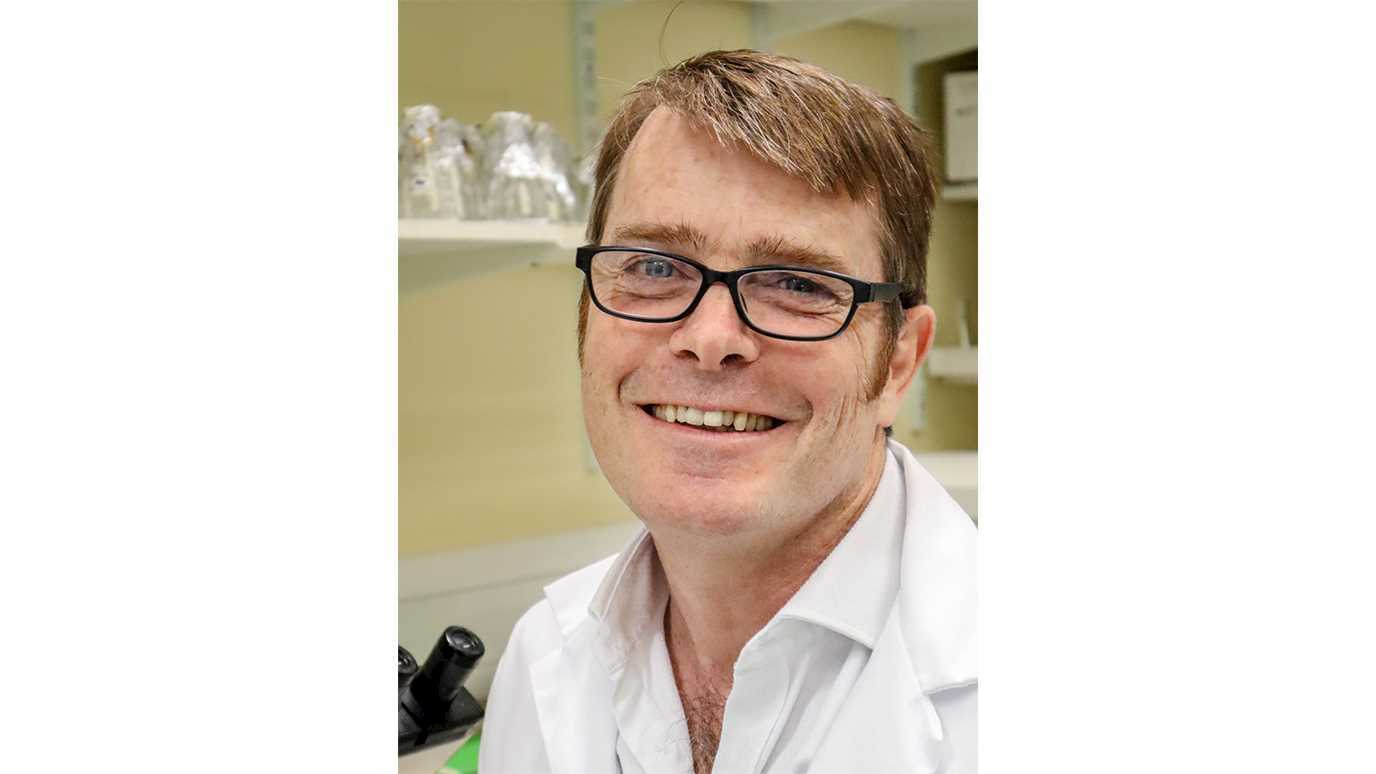New research by academics at Royal Holloway, University of London, has identified new, ultrapotent chemicals that control the growth of plants. These new compounds may prove important new tools in agriculture and horticulture.

Through the investigation of a natural product produced by plants, new research has identified that it inhibits the formation of a plant hormone, ethylene, necessary for seed germination and plant growth. Blocking ethylene production may also increase the survival of plants during drought, control the ripening of fruits and vegetables, and slow flower ageing. Current inhibitors of ethylene production are relatively weak, thus needing high concentrations to block plant ethylene production, prohibiting use in agriculture. The increased potency of these new compounds may enable new approaches to crop growth and survival.
The research was led by Professor Robin SB Williams and Dr George Heslop Harrison from the Department of Biological Sciences at Royal Holloway, with additional work by Professor David Alabadí, from the Institute of Molecular and Cell Biology of Plants in Valencia, Spain. The team identified a group of chemicals that block ethylene production at much greater potency than existing inhibitors.
Their research initially investigated a chemical produced by the Bog myrtle plant (Myrica gale), which had been known to block seed germination, but how it worked was unclear. The team employed a highly innovative approach to identify how the chemical worked, using the social amoeba Dictyostelium.
Once the enzyme had been identified, computer modelling allowed the screening of hundreds of novel compounds to reproduce this effect. Using this approach two novel highly potent compounds have been discovered.
The last part of the project involved demonstrating how the new compounds blocked ethylene production in plants.
Professor Robin Williams said: “The most important step in this process was identifying how the compound inhibited the enzyme responsible for ethylene production. From that discovery, we were able to identify related chemicals that were much more potent.
“We expect these compounds will have far-reaching effects, for example in the flower industry where they may increase the shelf life of flowers, or in agriculture where they may protect crops during droughts to improve plant survival.”
Dr George Heslop Harrison said: “Another enormous benefit for using Dictyostelium in this project was that we could quickly and easily screen dozens of the novel compounds identified using computer modelling to show which ones were effective.”
Professor David Alabadí added: “The increased potency of these compounds will make it easier for scientists – and perhaps farmers – to inhibit ethylene production in plants.”
























